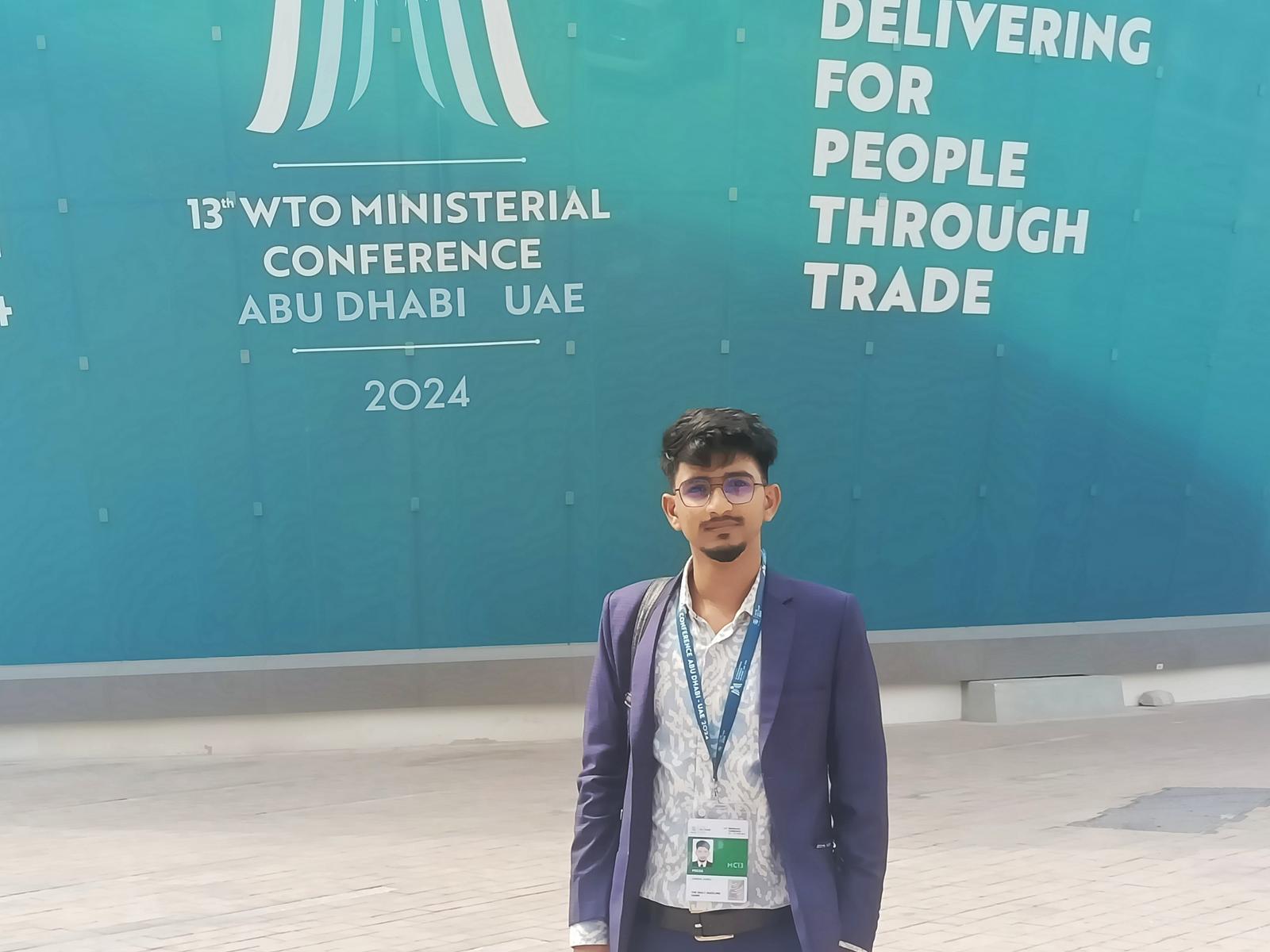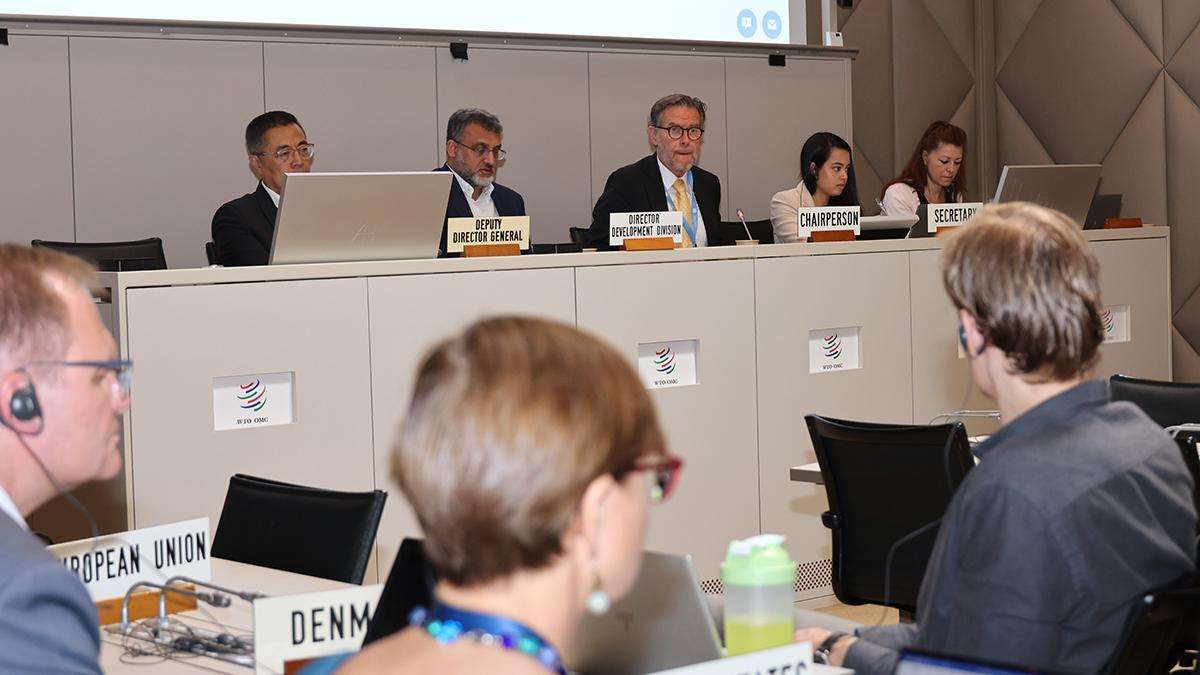At the session of the WTO's Sub-Committee on LDCs on July 11, the topic of discussion was how to increase the trade of services with least-developed nations (LDCs). Experts in commerce, foreign organisations, and other interested parties gathered at the event to exchange experiences.
Speakers highlighted that LDCs face challenges in services trade due to infrastructure issues, skills development, regulatory environment, and limited technological capacity. They stressed the need for international cooperation and an Aid for Trade roadmap to address these constraints.
Despite growing above the world average over the past decade, LDCs' commercial services exports accounted for only 0.53% of global services exports in 2022. Speakers noted the concentration of these exports in traditional sectors like tourism and transport and highlighted the potential in high-skilled sectors such as ICT, finance, and business services. They also emphasized the significant opportunities in digitally delivered services.
Deeper integration into regional networks also represents an untapped opportunity for LDCs, speakers underlined. This includes regional trade agreements, such as the African Continental Free Trade Area (AfCFTA) and the Association of Southeast Asian Nations (ASEAN) as well as regional economic communities.
A services provider from Cambodia highlighted that leveraging technologies and embracing digitalization could help increase LDCs' services trade. The Association of Professional Societies in East Africa (APSEA) underlined some of the initiatives undertaken to enhance regional services trade, including participation in trade negotiations, policy formulation and technical assistance provided to services suppliers. Challenges associated with the development of the tourism sector in Mauritania were also discussed, including the need for sustainable tourism projects.
In the regular session of the Sub-Committee on LDCs, the United Nations Economic and Social Commission for Asia and the Pacific, the United Nations Economic Commission for Africa, and the International Trade Centre provided insights into several initiatives aimed at strengthening LDCs' trade capacity in services. The Regional Digital Trade Regulatory Integration Initiative was highlighted as a way of assessing the readiness of LDCs to engage in digital trade.








.svg)



_2.jpg)
